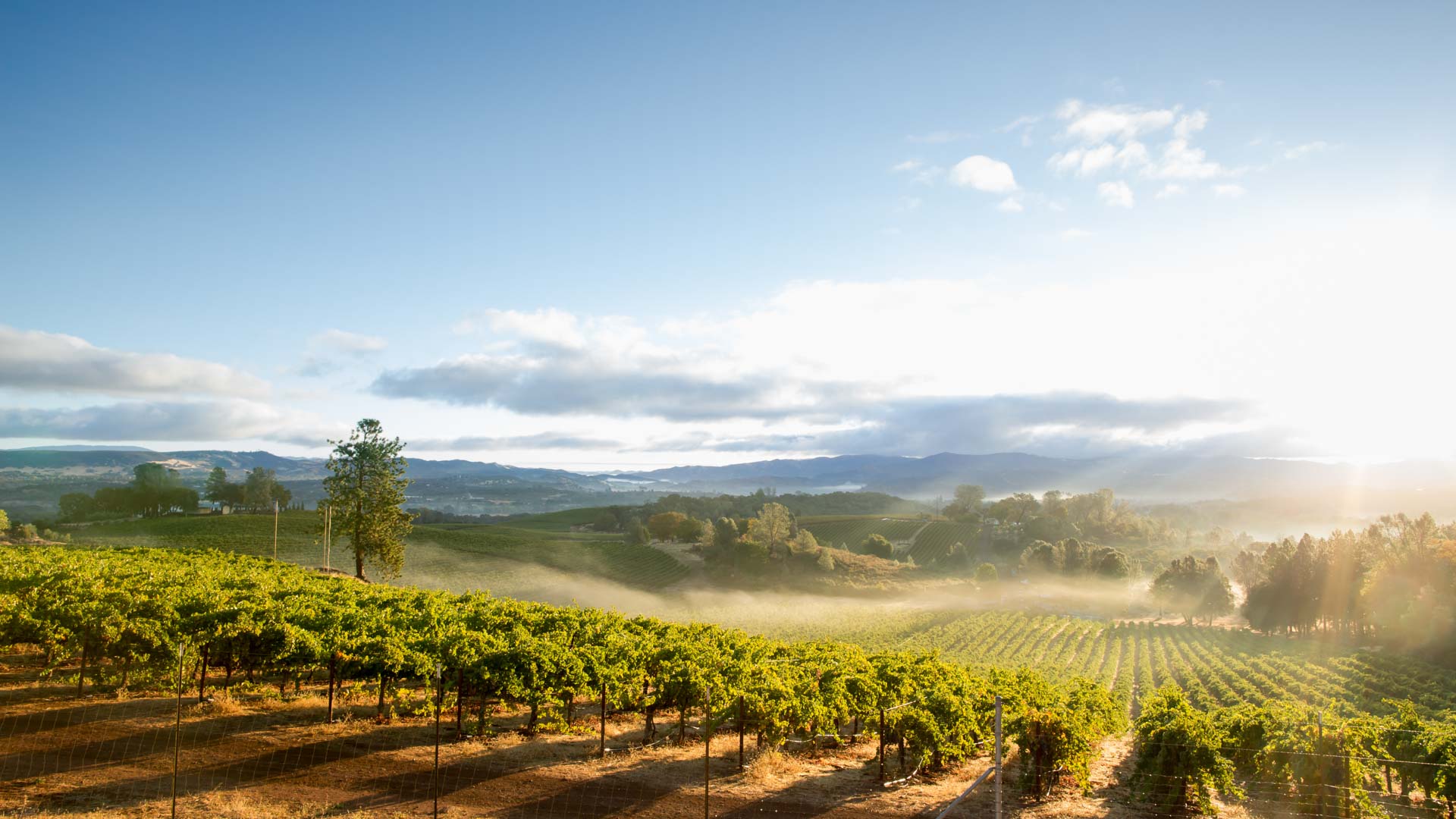Surf in the morning, powder in the afternoon. In California, snow and sand are surprisingly interchangeable—perhaps because they both shine under that same Golden State glow. “We have an annual average snowfall of 450 inches—and 300 sunny days,” says Sam Kieckhefer, spokesperson for the Palisades Tahoe (formerly Squaw Valley Alpine Meadows) ski resorts. “Big snow and big sun are totally unique to California resorts.”
Call it the second coastline of California: Inviting mountains stretch south along the Sierra Nevada, from the peaks surrounding Lake Tahoe down to Big Bear and Snow Summit in the San Bernardino Mountains. And all of the California ski resorts are a surprisingly quick hop from the fish taco stands and surf shops sprinkled throughout Southern California. “We regularly have guests who surf in the morning before hopping the early flight from San Diego or L.A. to hit the slopes in the afternoon,” says Lauren Burke, the social media manager at Mammoth Mountain in the Eastern Sierras.
No doubt, something about that beach culture also translates easily into the higher elevations—and so does that classic California sense of adventure. When Palisades Tahoe first opened (under the name Squaw Valley) with just one lift in 1949, the owners quickly started lobbying to host a Winter Olympics—and succeeded, getting the mountain ready for the 1960 Games and creating the first Olympic Village. By the ’80s, the resort and other ski areas around Lake Tahoe became known as the birthplace of the freewheeling “hot-dogging” ski style. The original snowboards, meanwhile, were riffs on both surfboards and skateboards (called SkiBoards or Snurfers), and the first snowboard halfpipe was carved in 1979 outside Tahoe City, by local boarders who wanted to duplicate the skate-park experience in the snow.
Granted, you don’t have to be schussing down the side of a mountain—or even be at a traditional ski resort—to embrace California’s snow season. At the Badger Pass Ski Area, the national park takes on a new dimension during the winter season, with 90 miles of marked cross-country skiing trails and 25 miles of groomed track, as well as moonlit snowshoeing tours and decadent winter dining events at The Ahwahnee Hotel. For more extreme sports, go fat-tire biking on the snow trails of Northstar, or snow-kiting—a kind of wind-surfing across snow—at Royal Gorge, by Sugar Bowl in the Tahoe area. And across the resorts, après-ski is almost a sport in itself, from the brewery tours around Mammoth Lakes to the High Camp Pool & Hot Tub at Palisades Tahoe, which offers a variety of dining along with stunning views of Lake Tahoe and beyond from its 8,200-feet elevation perch.
While there are plenty of world-class athletes on the slopes—like Olympic boarders Jeremy Jones, who makes his home base in Truckee, and L.A. native Chloe Kim, who’s a regular at Mammoth—the prevailing attitude toward California skiing and snowboarding is kind of like that famous line about surfing: The best surfer out there is the one having the most fun. “California ski resorts tend to have a more laid-back, progressive attitude, and an atmosphere that promotes creativity and individual expression—both on and off the hill,” says Justin Kanton, the spokesperson for Big Bear Mountain Resorts.
That kind of freedom is more than just emotionally liberating. “There is certainly something to be said,” says Mountain High spokesman John McColly, “about skiing in a T-shirt and putting on sunscreen instead of second layers.”
